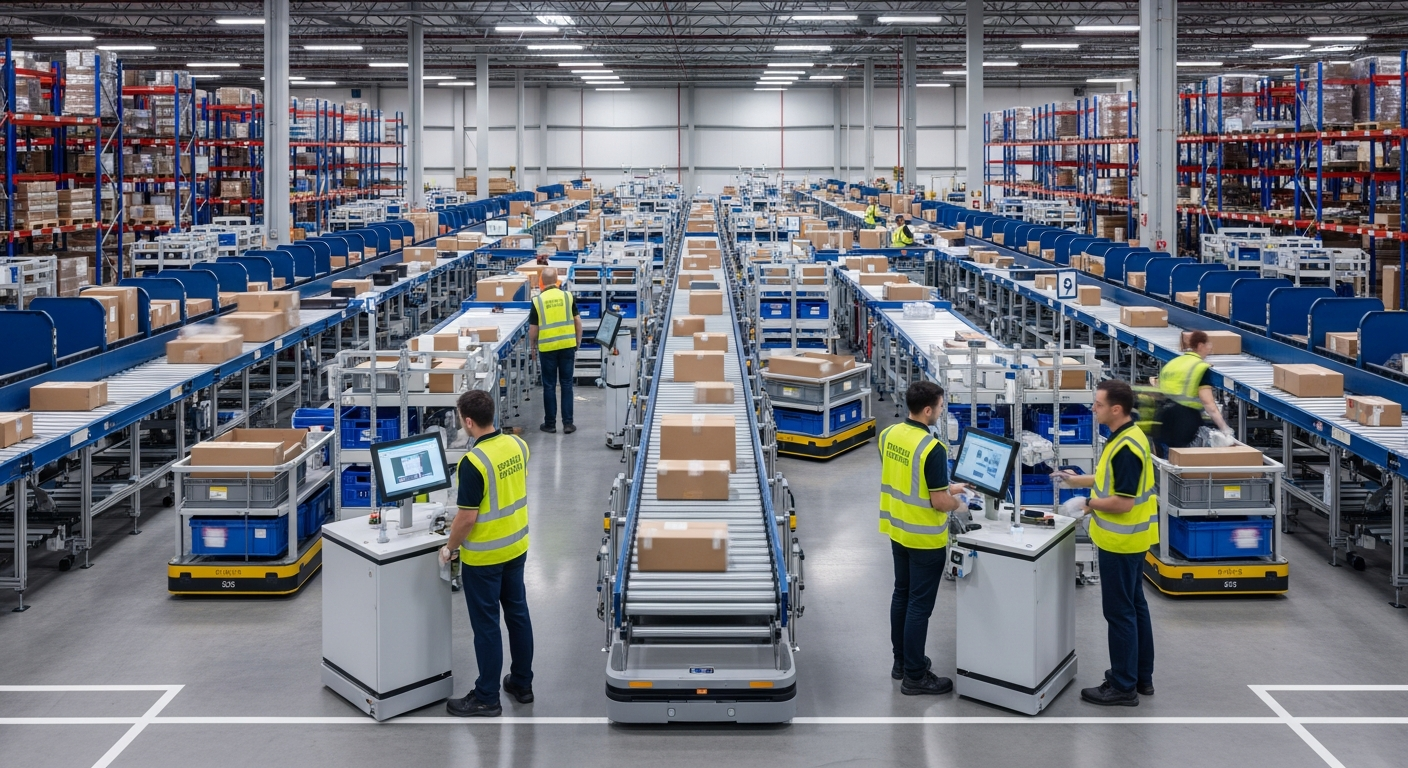Uncovering the Potential of Industry 4.0 in Enhancing Business Growth
This article delves into the remarkable potential of Industry 4.0 in driving business growth. It highlights how this industrial revolution, characterized by the seamless integration of physical and digital technologies, can lead to significant improvements in operational efficiency and profitability.

A Comprehensive Overview of Industry 4.0
Industry 4.0, also known as the Fourth Industrial Revolution, is a term coined in 2011 by the German government to describe the trend of automation and data exchange in manufacturing technologies. It encompasses cyber-physical systems, the Internet of Things (IoT), cloud computing, and cognitive computing. As a new phase in the industrial revolution, it has the potential to revolutionize business by transforming how industries operate and deliver value to customers.
Emerging Trends and Insights into Industry 4.0
Industry 4.0 brings a paradigm shift in the way businesses operate. It allows for real-time data collection and analysis, leading to more informed decision-making processes. Technologies such as Big Data, machine learning, and advanced robotics are the driving forces behind this revolution. These technologies provide businesses with the ability to respond quickly to market changes, improve product quality, and enhance customer experience.
Impact and Benefits of Industry 4.0
Industry 4.0 presents numerous benefits for businesses. It fosters innovation, increases productivity, reduces operational costs, and improves customer satisfaction. By leveraging the power of data and advanced analytics, businesses can predict and respond to market trends more effectively. Additionally, it also allows for greater customization of products and services, thereby meeting customer needs more accurately.
Challenges Associated with Industry 4.0
Despite its numerous benefits, the implementation of Industry 4.0 also comes with its set of challenges. These include the high cost of investment in new technologies, lack of skilled personnel, and cybersecurity concerns. Moreover, the transition to Industry 4.0 requires significant changes in organizational structures and processes, which can be a daunting task for many businesses.
Practical Insights into Industry 4.0 Implementation
- Embrace a long-term perspective: Industry 4.0 is not a one-off investment but a long-term strategic decision that requires continued investment and adaptation.
- Focus on workforce development: Equip your workforce with the necessary skills to deal with the changes brought about by Industry 4.0.
- Prioritize cybersecurity: With increased digitization comes the risk of cyber threats. Businesses must prioritize cybersecurity measures to protect their data and systems.
- Collaborate with technology providers: To fully harness the potential of Industry 4.0, businesses should collaborate with technology providers to incorporate the latest advancements into their operations.
In conclusion, Industry 4.0 presents a significant opportunity for businesses to increase their operational efficiency and drive growth. While the transition can be challenging, the long-term benefits certainly outweigh the initial hurdles. By embracing this industrial revolution, businesses can position themselves effectively in the changing market landscape and gain a competitive edge.






